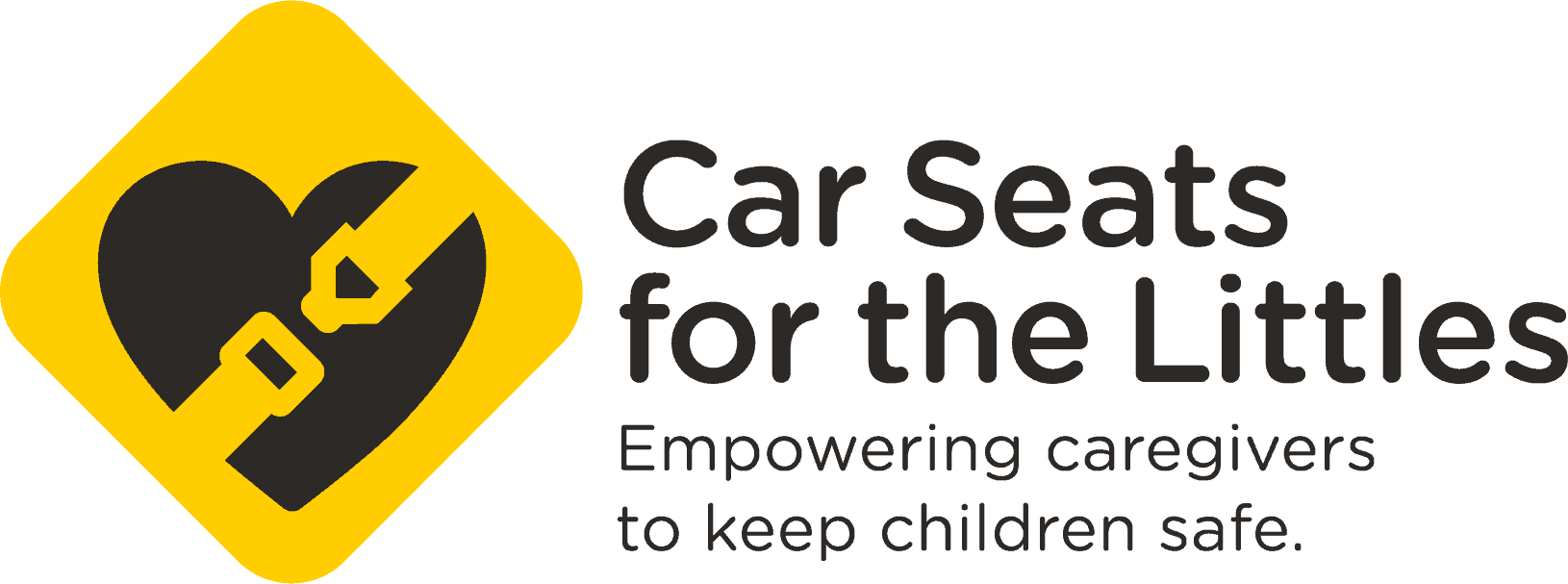Most days retrieving the mail is typically a mundane task. When we least expect it, though, we get mail that makes our heart race. Letters from long lost friends, holiday or birthday greeting cards, vehicle recall notices – they all have the ability to make our hearts skip a beat and the breath to catch in our throats. Unlike correspondence from friends, though, vehicle recall notices can be stress inducing. What is involved in a recall and what do you do if your vehicle is part of one?
What is a recall?
Vehicle manufacturers do extensive testing before cars are released to the public. They want to find and fix any potential problems before the consumer even sets foot (or rear end) in the vehicle. Safety is a paramount concern, and vehicle manufacturers spend a lot of time and money ensuring that their products are safe and the consumer can use them confidently. This is not an easy task – manufacturers must create a vehicle which meets the government’s stringent safety standards and pleases the consumer at the same time.
Despite the extensive testing that a vehicle manufacturer does, sometimes there are problems that arise after the cars have been sold to the public. Sometimes these issues are minor, and sometimes they are major, but the manufacturer has a legal responsibility to inform the consumer of any safety concerns. This is done in the form of a recall.
Who issues a recall?
The National Highway Traffic Safety Administration (NHTSA) is the US government agency responsible for implementing and enforcing the National Traffic and Motor Vehicle Safety Act, and other laws concerning motor vehicle safety. Both the vehicle manufacturer and NHTSA conduct testing of vehicles to ensure they meet the Federal Motor Vehicle Safety Standards (FMVSS). Vehicle manufacturers self-certify that they meet the FMVSS requirements. This means that NHTSA does not test vehicles before they are released to the public. Instead, NHTSA tests after vehicles are on the market. It is interesting to note that NHTSA is not provided with test vehicles from the manufacturers – they purchase vehicles that are available to the public and perform different tests on those vehicles. This sort of testing ensures they get exactly what the consumer gets. If there is a problem that arises in this testing, NHTSA will contact the manufacturer to work with them to see if there is a noncompliance issue.
If a vehicle or vehicle part fails to meet minimum safety standards, a recall is issued and the vehicle manufacturer is required by law to inform the consumer what the problem is and to provide a remedy for it, usually without charge to the consumer. The remedy can be a repair or a replacement, depending on what the problem is and how difficult it is to remedy.
A recall can be voluntarily issued by the manufacturer, or ordered by NHTSA. Regardless of how the recall comes about, the process for the consumer is the same. It is important to note that if a recall is “voluntary,” that means the manufacturer issued the recall without being forced to. That does NOT mean it is voluntary for the consumer. If your vehicle has a recall, it is important for you to take care of it in a timely manner. Your safety and the safety of your passengers is at stake.
How do I know if my vehicle is recalled?
When a recall is issued, the vehicle manufacturer is required to file a public notice describing the safety defect or noncompliance with a FMVSS, the risk or hazard the problem poses, a description of the remedy (including when it will be available and how long the repairs should take), and an explanation of what the owner can do if they are unable to have the problem corrected within a reasonable period of time. Manufacturers are required to attempt to inform all owners of the recalled vehicle / vehicle part about the recall. (This is why you get that panic inducing letter in your mailbox.) Even if you do not receive notification of the recall, the manufacturer is still required to provide you with a free remedy to fix the issue.
What do I do if my vehicle is recalled?
If you receive notification of a recall for your vehicle, you should contact your local dealer’s service department promptly to arrange the repair. Don’t delay. If you don’t receive notification, but have heard about a recall, you can check the status of your car yourself. If you go to the safercar.gov website, you can search by VIN. They also have recall searches available for car seats, tires and other vehicle equipment on this page.
You can also go to www.recalls.gov to search for recalls – they have links to many different sources.
Rest assured that your safety is a major concern for the vehicle manufacturer and NHTSA – they will do what they can to ensure your vehicle is safe. You just need to follow their directions and get it taken care of as soon as you can! Remember that “voluntary” means the manufacturer is participating in the recall voluntarily – not that consumers have a choice about fixing the issue. Stay safe!

